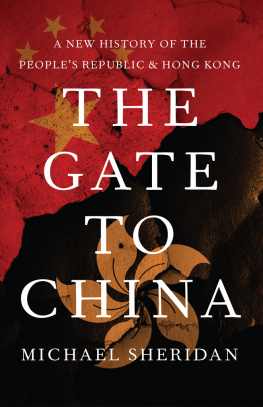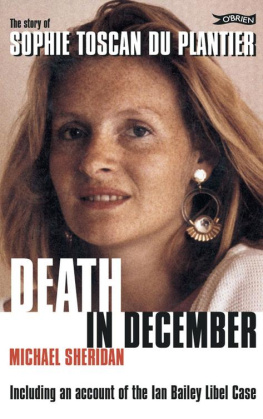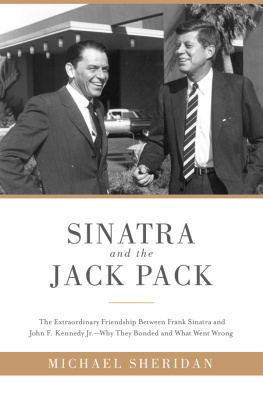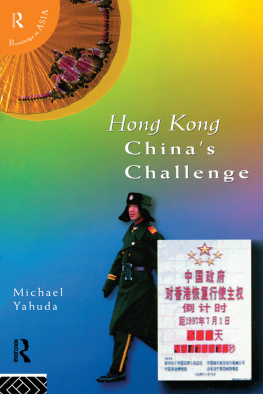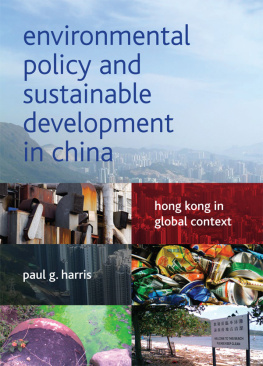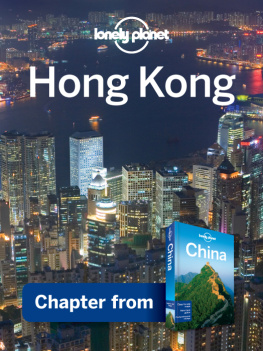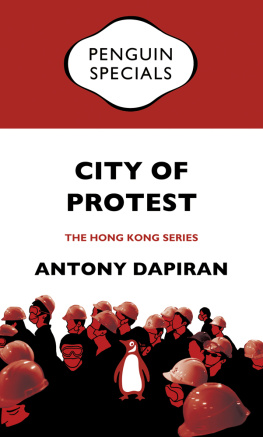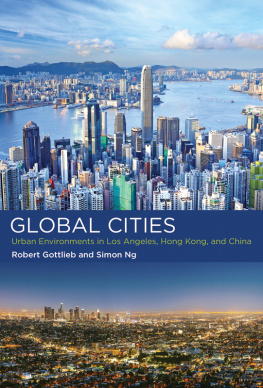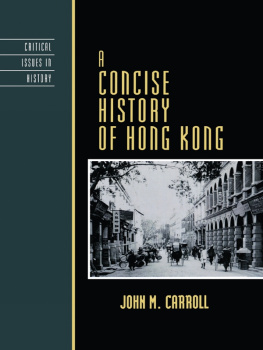THE GATE TO CHINA
THE
GATE TO
CHINA

A New History of the Peoples Republic & Hong Kong
MICHAEL SHERIDAN


Oxford University Press is a department of the University of Oxford. It furthers the Universitys objective of excellence in research, scholarship, and education by publishing worldwide. Oxford is a registered trade mark of Oxford University Press in the UK and certain other countries.
Published in the United States of America by Oxford University Press 198 Madison Avenue, New York, NY 10016, United States of America.
Michael Sheridan 2021
All rights reserved. No part of this publication may be reproduced, stored in a retrieval system, or transmitted, in any form or by any means, without the prior permission in writing of Oxford University Press, or as expressly permitted by law, by license, or under terms agreed with the appropriate reproduction rights organization. Inquiries concerning reproduction outside the scope of the above should be sent to the Rights Department, Oxford University Press, at the address above.
You must not circulate this work in any other form and you must impose this same condition on any acquirer.
Library of Congress Control Number: 2021943853
ISBN 9780197576236
Printed by LSC Communications, United States of America
To Sophy
Contents
Maps


Illustrations
Dramatis Personae
CHINESE LEADERS
Mao Zedong (18931976) Poet, revolutionary and political philosopher, a key founder of the Peoples Republic of China in 1949. Mao said that Hong Kong was an issue for the next generation to solve, bequeathing the task of its restoration to Deng Xiaoping.
Deng Xiaoping (190497) Marxist and statesman, Chinas paramount leader from 1977 until shortly before his death. Deng opened the economy to the world and struck a deal over Hong Kong but opposed political reform and crushed the democracy movement in 1989.
Jiang Zemin (1926) The former Communist party boss in Shanghai, Jiang took over as leader of the party, the state and the army after the crisis of 1989, holding power into the early 2000s. He oversaw the handover of Hong Kong and led China into the WTO.
Hu Jintao (1942) Chinas leader from 2002 to 2013, served as Communist Party chief in Tibet, presided over the 2008 Olympic Games and steered the country through a global financial crisis. Hu revived the role of the state and ruled as a low-key collective leader.
Xi Jinping (1953) Supreme leader of China from 2013, restoring the partys dictatorship. A princeling, son of veteran Xi Zhongxun, served as governor of Fujian province, later vice president with responsibility for Hong Kong and Macau affairs.
KEY FIGURES IN THE HISTORY OF CHINA AND HONG KONG
Li Qiang (190590) A spy, bomb-maker and lifelong militant, Li was Chinas foreign trade minister as the country began to open up. His visit to Hong Kong in 1978 paved the way for talks between China and Britain on the future of the colony.
Liao Chengzhi (190883) Born in Tokyo, a wily and sophisticated revolutionary who was trusted by Mao and Deng to forge policy on Japan, Taiwan and Hong Kong. He is said to have invented the concept of one country, two systems.
Xi Zhongxun (19132002) Joined the Communist Party in 1928, guerrilla leader in the First Generation of revolutionaries. Purged by Mao Zedong, he returned to head the party in Guangdong province, pioneered reforms and Special Economic Zones. Father of Xi Jinping.
Zhao Ziyang (19192005) Marxist-Leninist turned liberal reformer, served as Communist Party chief in Inner Mongolia and Sichuan, later premier. Became party leader 1987, purged 1989, died under house arrest in Beijing. His memoirs were smuggled to the West.
Zhou Nan (1927) Ultra-patriot and ardent Marxist, Chinas main negotiator with Britain and Portugal over Hong Kong and Macau, later head of Xinhua in Hong Kong. An expert in English literature. Also served as ambassador to the United Nations 19801.
Zhu Rongji (1928) As Mayor of Shanghai Zhu oversaw a peaceful end to 1989 protests. Later governor of the central bank and prime minister, he reformed financial sector, fought corruption, encouraged foreign investors, ran Chinas negotiations to join the WTO.
PERSONALITIES IN HONG KONG
Anson Chan (1940) The first woman and the first Chinese civil servant to lead the Hong Kong administration under British rule, At one time the citys most respected public figure, Chan spoke up for democracy and was later denounced by China as a colonial lackey.
Carrie Lam (1957) A Roman Catholic, Lam won promotion as an efficient administrator under the British and rose to become the fourth chief executive of Hong Kong. Her policies set off mass protests and in 2020 she embraced Chinas National Security Law.
Martin Lee (1938) Jesuit-educated barrister, revered as the founder of Hong Kongs Democratic Party and for his fearless rhetoric. He lost out to a younger, more radical generation of activists before his arrest in 2020 under the National Security Law.
C.Y. Leung (1954) Third chief executive of Hong Kong 201217, Leung was unfailingly loyal to Beijing and was alleged to be an underground member of the Communist Party. His tenure was marked by protests, middle-class discontent and dour inertia.
Donald Tsang (1944) The son of a policeman, Tsang rose by merit to become financial secretary and later the second chief executive of Hong Kong 200512. A devout Catholic, he was later jailed for misconduct in public office: the charges were quashed on appeal.
Tung Chee-hwa (1937) Shanghai-born shipping tycoon picked by China as the first chief executive of the HKSAR, 19972005. Driven from office after mass protests and economic upheaval. His family firm was later sold to a Chinese state entity for $6.3 billion.
Joshua Wong (1996) The teenage face of Hong Kongs youth rebellion, an evangelical Christian whose gifted oratory and digital skills inspired opponents of authoritarian rule. Jailed for his activities, he later faced serious charges under the National Security Law.
THE BRITISH
Percy Cradock (19232010) British ambassador to China, later foreign policy adviser to Margaret Thatcher and head of the Joint Intelligence Committee. Cradock masterminded the deal to hand Hong Kong back to China and warned against radical democratic reforms.
Christopher Patten, Lord Patten of Barnes (1944) British Conservative politician, 28th and last governor of Hong Kong. Patten defied the wrath of China to introduce wider democracy; his reforms did not survive. Later European Trade Commissioner and Chancellor of Oxford University.

